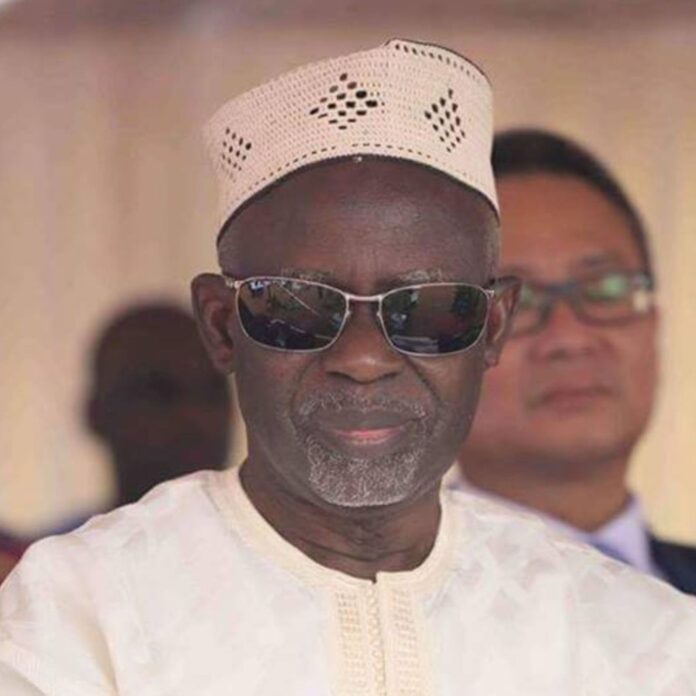Written by: Alieu Jallow
Veteran politician and United Democratic Party (UDP) leader Lawyer Ousainou Darboe has once again renewed his public criticism of President Adama Barrow over the withdrawal of former Justice Minister Ba Tambadou’s nomination for a top post at the International Criminal Court (ICC).
In a statement broadcast on Camaraba Online TV on Tuesday, Darboe sharply denounced the decision and urged the Sarahule community to assess its broader implications.
“I want the Sarahule community to judge for themselves. Their own son, Ba Tambadou, was being considered for one of the most highly sought-after positions in the world. Yet President Adama Barrow chose to withdraw his nomination in favour of a Nigerian candidate. If I were president, I would have stood by him until the voting process was completed — not pulled out halfway. This decision, to me, reflects a lack of seriousness on Barrow’s part when it comes to national development,” Darboe stated.
He went on to emphasise that as Chair of the Organisation of Islamic Cooperation (OIC), Barrow had a platform from which he could have mobilised support for Tambadou across its 57 member states, but failed to do so.
Darboe also addressed potential tribal interpretations of his support:
“I don’t talk about tribe — I never have. But if it were about tribe, I wouldn’t have endorsed Ba Tambadou, because everyone knows he’s a Sarahule. He’s competing for one of the most prestigious legal positions in the world, and there’s no questioning his qualifications. He’s young, energetic, and highly capable. My support for him had nothing to do with his ethnic background. I backed him because he’s a competent Gambian whose appointment would have been a source of national pride,” he said.
This episode marks yet another instance of Darboe publicly criticising President Barrow over the ICC nomination issue, underscoring his ongoing concern for national meritocracy and transparency.
Darboe’s renewed remarks have come at a time when efforts to curb hate speech are intensifying amid preparations for the 2026 electoral cycle. Observers caution that even indirect references to ethnic identity—like those in Darboe’s speech—risk exacerbating existing divisions.
Isatou Keita, President of the Gambia Press Union (GPU), weighed in on the need for calm and responsible discourse:
“The media has a strong role in reducing hate speech. Journalists must be mindful of their language and avoid reporting in ways that create division or incite violence. Freedom of expression is important, but it should be used responsibly… In those cases, it’s our duty to ask the right questions, provide context, and not give space for harmful views to spread,” Keita stated.
As The Gambia edges closer to its next national election, calls for respectful, fact-based commentary and unity continue to grow. Through its ongoing trainings and dialogues, the GPU is working to equip media professionals for fair, cohesive, and peaceful reporting.




